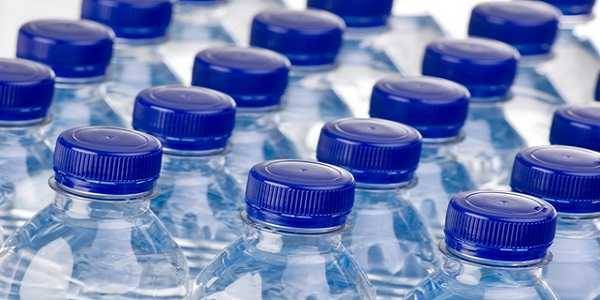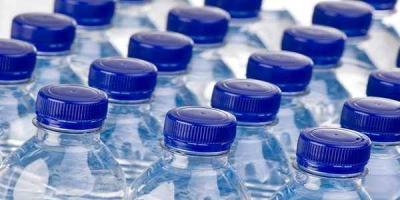According to rapid tests conducted locally on bottled mineral water from prominent water companies in Lebanon, the water appears to be non-compliant with safety and public health standards. Tests were also conducted on the water from dozens of wells in Akkar and the north, yielding astounding results due to high levels of contamination. Expert specialists clarified to "Al-Diyar" that most wells in the north, especially in Akkar, have become contaminated and pose a threat to public health. This is attributed to two main reasons:
Firstly, the densification of construction that has recently occurred in the Qammoua area and its surroundings, which serves as a giant water reservoir that feeds all of Akkar's springs. Secondly, the contamination of rivers with wastewater that has been flowing into them for years, due to many villages and towns lacking sewage systems and wastewater treatment facilities amid the decline in services from the state and its relevant ministries, as well as general chaos in various aspects of Lebanese life.
According to experts, one of the biggest dangers facing Lebanese citizens is the consumption of bottled mineral water, which comes in plastic bottles. People mistakenly believe these are safer and more reliable than they actually are. A simple test revealed shocking and disappointing results: bottles from major mineral water companies were contaminated at a rate of 130.
Experts believe that the contamination of companies' mineral water stems from the plastic bottles that contain it. Major companies distribute large quantities of bottles exposed to high temperatures from sunlight for extended periods, and the way water is stored has negative repercussions due to the breakdown of materials used in plastic production as a result of increased heat, which can be carcinogenic.
Moreover, these plastic bottles, which are stored in shops and supermarkets, have largely become contaminated and unsuitable for drinking due to exposure to heat, leading to numerous health issues. This situation explains the rise in cancer cases in Lebanon. Additionally, the contamination of wells and river water, alongside some farmers relying on watering their crops with polluted river water, could lead to contamination affecting agricultural production.
All of this occurs in the absence of oversight and monitoring by the concerned ministries, resulting from the collapse of state institutions that are responsible for ensuring the health and safety of citizens. The pressing question remains: where are the ministries of health, energy, and water? This is a serious and complex issue that requires strengthened oversight on water companies and tests on their plastic bottles, as well as for all drinking water distributors in Lebanon.




